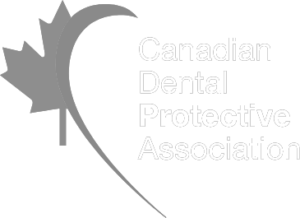 TMJ disorders, otherwise known as problems with the jaw joint and chewing muscles, are highly varied in the way people respond to them. However, the disorders that require TMJ treatments generally fall into one of three categories:
TMJ disorders, otherwise known as problems with the jaw joint and chewing muscles, are highly varied in the way people respond to them. However, the disorders that require TMJ treatments generally fall into one of three categories:
• You experience discomfort in the muscles that control the function of your jaw
• Your jaw is dislocated, or you are suffering from a displaced disk
• An inflammatory disorder affects your jaw joint
The cause of joint disorders that warrant TMJ treatment is not explicitly known. However, trauma to the jaw or the jaw joint can trigger pain or discomfort in this area. Additionally, TMJ disorders are often more prevalent in women than men. If you believe that you have a jaw disorder, the pain or discomfort may have started without an obvious reason.
Pain, in the chewing muscles of the mouth or your jaw joint, is the most commonly recognized symptom of TMJ disorders. However, other symptoms exist, as well. If you notice that your jaw is extremely stiff, you have a hard time moving your jaw, or a popping or clicking sound occurs when you open or close your mouth, you may have a jaw disorder.
The TMJ treatments we recommend to treat your jaw problems will depend on the severity of your condition. However, before we start treatment, our dentist, Dr. Anna Szmitko, may recommend other ways to ease the symptoms of your condition, such as eating soft foods, avoiding extreme jaw movements, and applying ice packs to the affected area.



